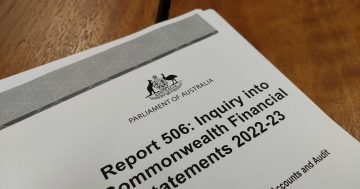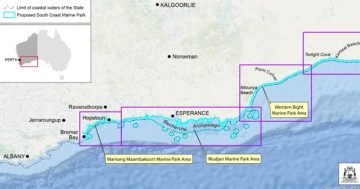 An audit of the Department of Primary Industries and Regional Development (DPIRD) and the Department of Biodiversity, Conservation and Attractions (DBCA) has found discrepancies in the Agencies’ management of plant and animal pests.
An audit of the Department of Primary Industries and Regional Development (DPIRD) and the Department of Biodiversity, Conservation and Attractions (DBCA) has found discrepancies in the Agencies’ management of plant and animal pests.
In her report, Managing the Impact of Plant and Animal Pests: Follow-up, Auditor General, Caroline Spencer said it was disappointing to find the entities had not addressed all of the 2013 audit findings.
“Western Australia contributes nearly one fifth of the nation’s agricultural production by dollar value and is recognised internationally for its biodiversity, including being home to around 3,000 plant species found nowhere else in the world,” Ms Spencer said.
“It is vital that entities work together to effectively manage pests to protect WA’s natural heritage and agricultural viability.”
She said her audit found entities had established a framework for collaborating on pest management and had released a plan that defined stakeholders’ roles and responsibilities.
“However, the plan has not been fully implemented or evaluated.
“In addition, information on the spread, abundance and impact of high-priority pests is still not comprehensive or shared among stakeholders.”
Ms Spencer said DPIRD and DBCA needed to enhance the completeness, accuracy and sharing of their pest data in order to achieve a more collaborative and effective approach to pest management.
Her report included recommendations for improvements to emergency pest response planning, the process to declare pests, and reporting from recognised biosecurity groups.
The Auditor General’s 31-page report can be accessed at this PS News link and the audit team was Aloha Morrissey, Jeremy Bean and Matthew Trainor.











